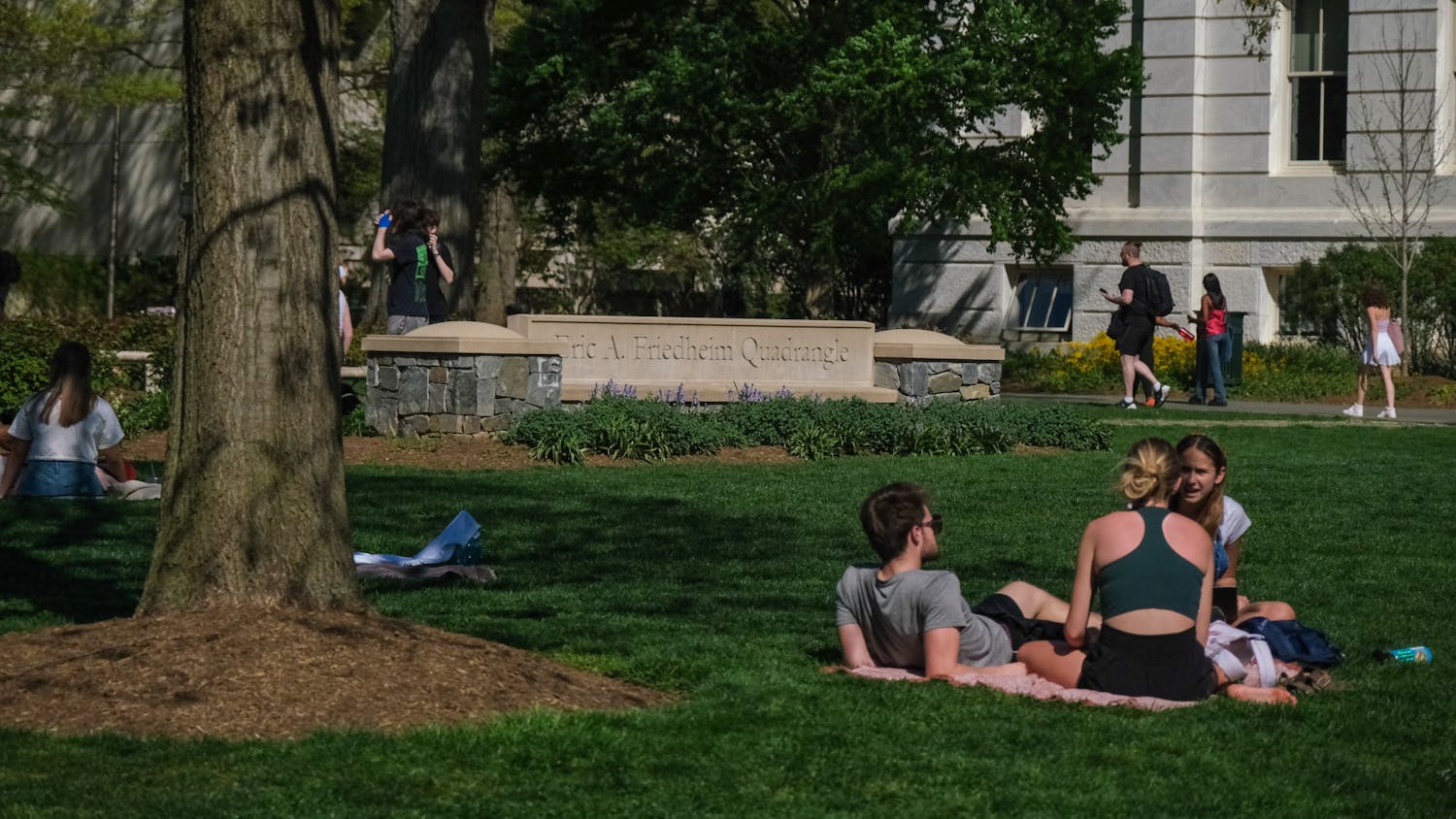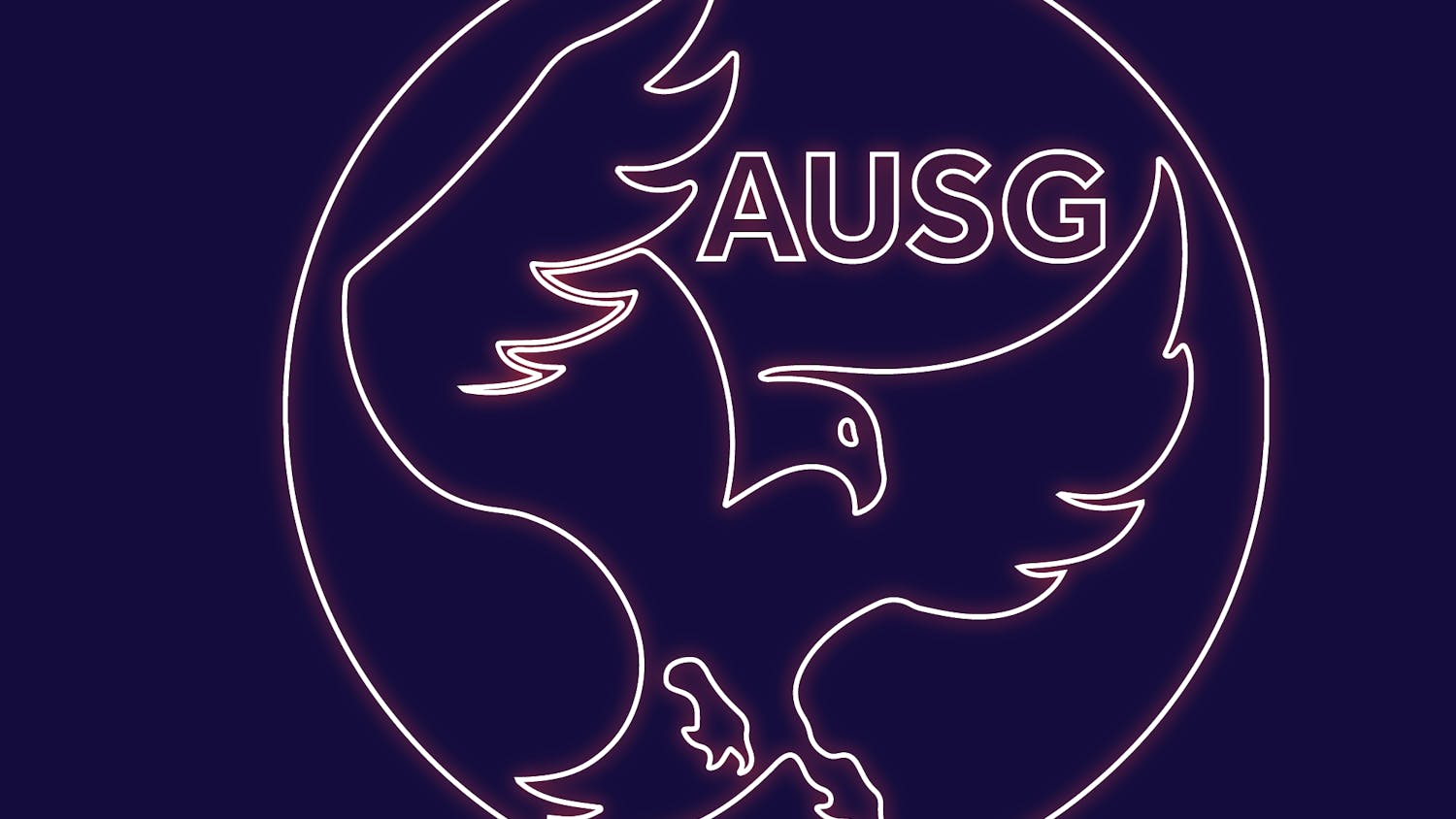The Clean Energy Revolving Fund has been forced to change both in name and nature due to a number of serious problems in its design.
The fund will now transform into what will likely be called the AU Sustainability Fund, which will operate with a much smaller budget through and finance a broader range of eco-friendly initiatives.
The SG created CERF last year to help make AU more carbon-neutral, The Eagle previously reported.
The fund was supposed to raise $100,000, which would then be used to purchase solar panels, wind turbines and other forms of renewable energy. The money saved from using renewable energy would then be put back into the fund to be used to purchase more clean forms of energy generation.
But CERF has yet to reach this $100,000 threshold, with only $5,000 currently in the fund.
Chris O’Brien, director of AU’s Office of Sustainability, said he never thought the revolving mechanism for the fund was a good idea because either projects would need too much money at once or wouldn’t revolve money into the fund fast enough for later ventures.
“It was just kind of set up in a way that it would never get started,” O’Brien said.
Fundraising Issues
Last year, the SG struggled to raise the Student Activities fee by $10 to fund the $100,000 initiative.
Senators tried through a resolution, a petition and finally a campus-wide referendum to shore up support for the increase.
About 67 percent of students voted to increase student activities fees by $10 to support clean energy and help fund CERF last March.
But when AU and SG officials met Dec. 2 in a preliminary meeting to discuss the $10 fee, they decided CERF was impractical and decided to redesign it into the broader AU Sustainability Fund, according to SG officials.
They also decided to table the fee.
“It’s not going to be money directly from the University,” said Jennifer Jones, the SG’s environmental policy director and former president of Eco-Sense. “It’s not going to be your tuition money. It’s going to be voluntary donations.”
CERF has struggled to come up with the money through fundraising.
“If people aren’t willing to voluntarily donate something, what makes you think you can compel them and get anywhere?” said AU alumnus and former Undergraduate Sen. Steve Dalton, who opposed the mandatory $10 fee last year.
Beyond funding, there were also a number of issues with CERF.
“We already have an annual budget of $500,000 for energy-saving projects,” O’Brien said, adding there isn’t a need for a fund devoted solely to clean-energy.
However, broader sustainability projects, such as community gardens, are much more difficult to obtain funding for.
While money from CERF was to solely support clean energy projects, the redesigned fund would finance broader sustainability projects, such as solar panels, wind turbines and composting.
Future Plans
CERF will be “transforming to become more effective,” said Stephen Bronskill, the policy director for Eco-Sense and an SG deputy director of environmental policy.
The new fund will function similar to the Eagle Endowment, which gives out money for community service projects. A committee will distribute a certain amount of money each year to different groups for environmentally friendly projects and then help them use the money.
The reworked AU Sustainability Fund would not need to reach the minimum threshold of $100,000 required by CERF. The fund can use the $5,000 already in the account to start supporting projects as early as this fall and will maintain a minimum balance and fundraise continuously to finance its grants, rather than relying on returns from earlier projects.
For now, Bronskill said these changes allow students to focus their strengths on brainstorming creative project ideas, rather than worrying about fundraising.
“If we decide down the road that we want to turn this into a big endowment or that there’s a need for more funds for more projects, who knows what we’d do. Maybe another referendum goes up,” he said.
mzoglo@theeagleonline.com




